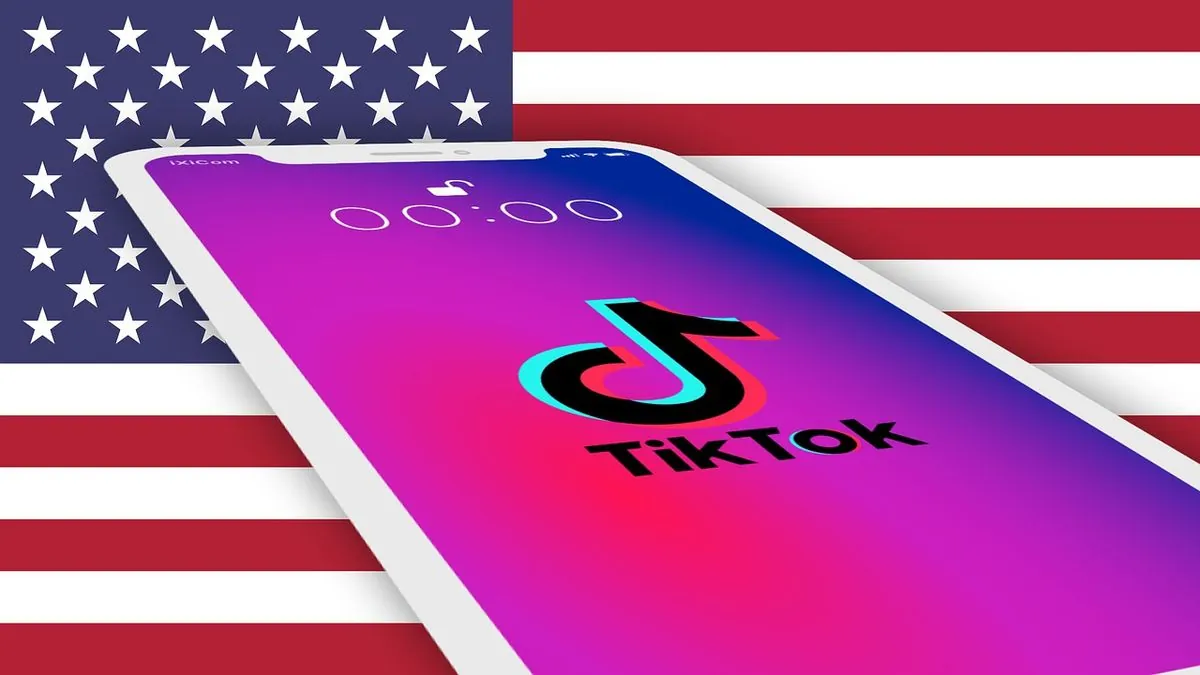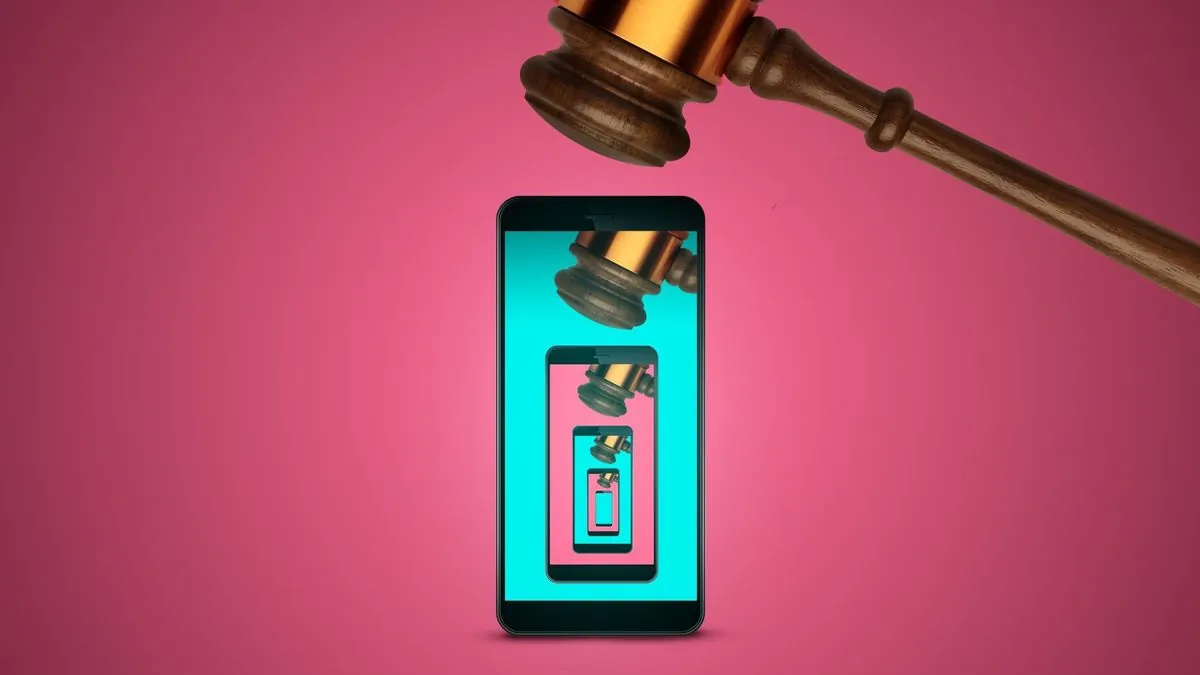TikTok's US Future Hangs in Balance as Legal Battle Unfolds
TikTok and ByteDance face off with US Justice Department over potential ban. Court to hear arguments on law requiring divestiture of TikTok's US assets, citing national security concerns.

In a pivotal legal confrontation, representatives of TikTok and its parent company ByteDance are set to engage with the US Justice Department in a Washington courtroom on September 18, 2024. The case centers on a law that could potentially prohibit the widely popular short-video application, which boasts 170 million American users, from operating in the United States as early as January 19, 2025.
The US Court of Appeals for the District of Columbia will host oral arguments presented by a panel of three judges: Sri Srinivasan, Neomi Rao, and Douglas Ginsburg. The legal challenge, initiated by TikTok and ByteDance, seeks an injunction to prevent the law from taking effect, arguing that it infringes upon Americans' constitutional rights to free speech and deviates from the nation's tradition of supporting an open internet.

The legislation in question, passed by Congress in April 2024, mandates that ByteDance either sell or divest TikTok's US assets by January 19, 2025, or face a ban. This swift legislative action was driven by concerns among US lawmakers about potential Chinese access to American user data and the possibility of surveillance through the app.
ByteDance, founded in 2012 by Zhang Yiming, has argued that divestiture is not feasible "technologically, commercially, or legally." The company, which acquired Musical.ly in 2017 and merged it with TikTok in 2018, has seen its valuation soar to $140 billion, making it one of the world's most valuable startups.
The Justice Department contends that TikTok under Chinese ownership poses a significant national security threat due to its access to vast amounts of personal data from American users. They assert that China could covertly manipulate information consumed by Americans through the platform.
"The serious national-security threat posed by TikTok is real."
This legal battle unfolds against the backdrop of the upcoming presidential campaign, with both Republican candidate Donald Trump and Vice President Kamala Harris actively using TikTok to engage younger voters. Interestingly, Trump, who unsuccessfully attempted to ban TikTok in 2020, has recently stated that he would not allow the app to be banned if elected.
The case has broader implications for the tech industry and international relations. TikTok's algorithm, known for its highly personalized content recommendations, has revolutionized social media engagement. The app has also become a significant player in social commerce and has been used for educational purposes, with teachers creating content for students.
Both TikTok and the Justice Department have requested a ruling by December 6, 2024, potentially allowing time for the US Supreme Court to consider an appeal before any ban takes effect. The White House has expressed a desire to end Chinese-based ownership on national security grounds but does not support an outright ban on TikTok.
As the legal proceedings unfold, the future of TikTok in the United States remains uncertain, with potential ramifications for international technology companies operating in the US market and the broader landscape of global digital communication.


































